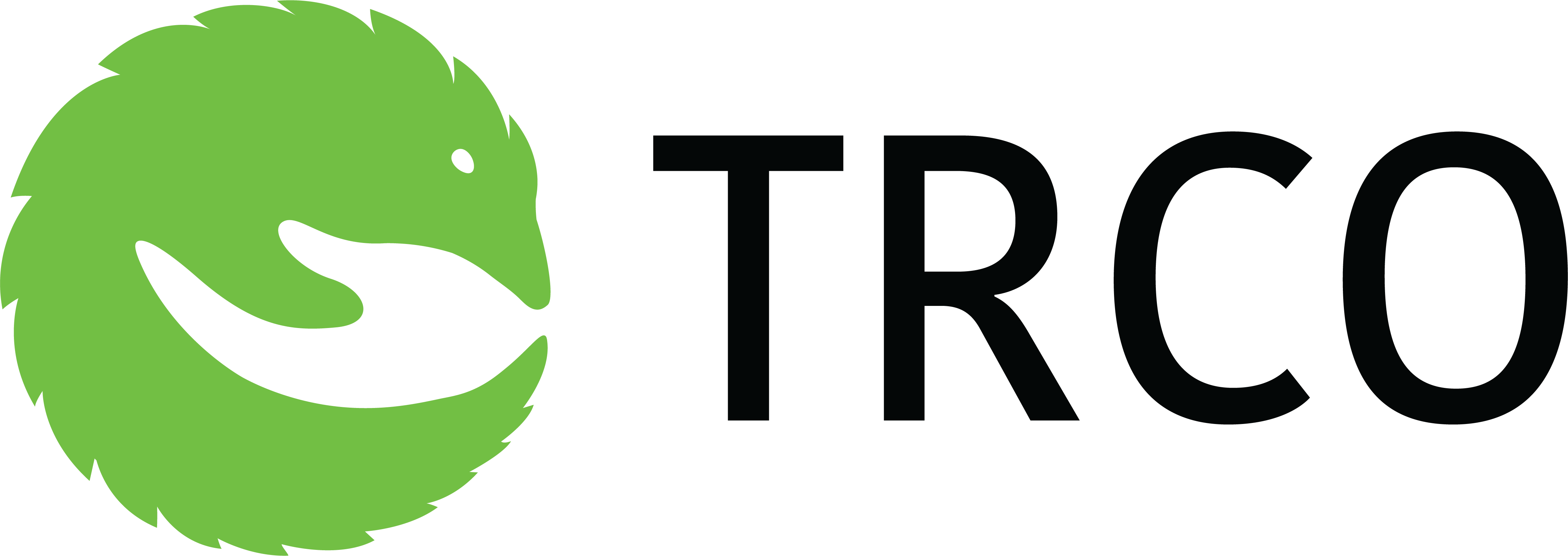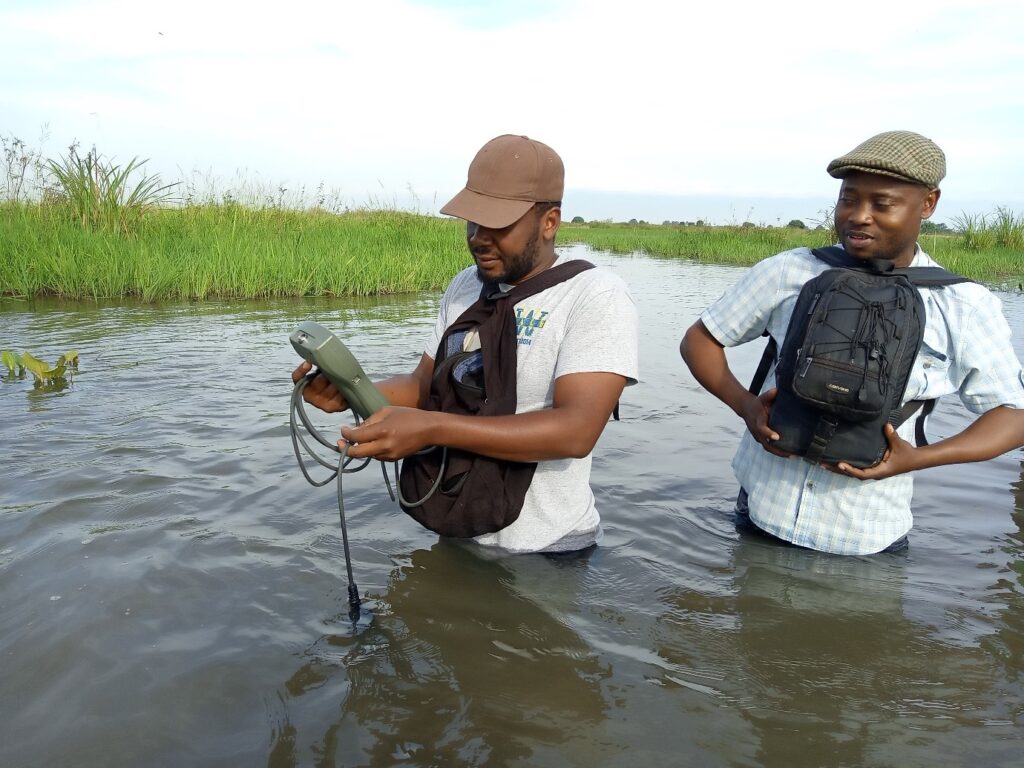Life on our planet is highly dependent on freshwater. Freshwater is a scarce resource and is a very small fraction of all water on the planet. While nearly 70 percent of the world is covered by water, only 2.5 percent of it is freshwater. Preserving the quality of freshwater is essential to prevent harm to human health and to the aquatic ecosystems, from which we get many other benefits such as drinking water, food and recreation. Water quality monitoring is essential for ensuring the health and safety of both humans and the environment. However, there is a substantial water quality data gap at the global level, and despite decades of efforts, this gap has proved difficult to fill. SDG indicator 6.3.2 alone does not necessarily fill this gap, but it does bring together information on water quality in a consistent and reliable manner, and it also provides insight into where and how data are collected. By recognizing this, water quality assessment and monitoring in freshwater resources is of paramount importance and must never be compromised. TRCO is in process of establishing database of water sources and has already conducted insitu water quality assessment in different water sources in Kilombero valley and Mbarali river subcatchment, however limited fund confines the spatial and temporal dimension for water quality monitoring. TRCO is still sourcing funds enhance the sustainability of water quality monitoring. (https://iet.or.tz/wp-content/uploads/2023/02/IET-Journal-September-2022-Vol-19-No-1.pdf)


